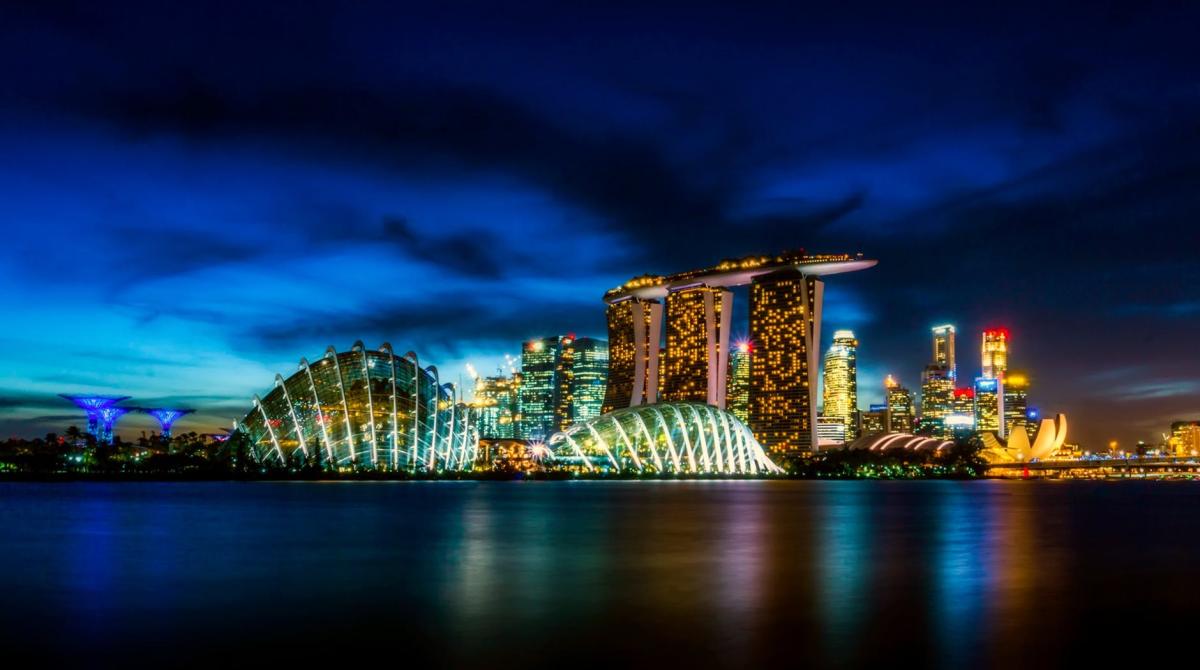
Singapore is the world's second safest city
It topped the infrastructure safety and personal security subcategories.
Singapore trailed only behind Tokyo to rank second in the list of safest cities in the world, according to the Safe Cities Index by the Economist Intelligence Unit (EIU).
Tokyo held the crown for the third-consecutive time whilst Osaka placed third. A total of six Asia Pacific cities comprised the top ten, including Sydney (5th), Seoul (8th) and Melbourne (10th).
This meant that Singapore scored full marks for their continuity management plans, pedestrian friendliness, institutional capacity and disaster-risk informed development; and has strong personal security inputs characterised by policing that has high levels of engagement as well as community-based patrolling and use of data-driven techniques.
The island-city topped the sub-rankings for infrastructure safety and personal security, and came second in digital security. However, it failed to make the top five for the health security list, ranking at 8th.
The island is also noted to have they have low levels of infection by computer viruses and malware; and offers high quality and ease of access to healthcare, safe food, water and air, and prompt emergency services.
In general, APAC cities perform well across the categories of health security, infrastructure security and personal security. However, the report noted that their North American counterparts fare better in digital security, accounting for seven of the top ten cities in the category.
“Our research shows that a city’s region does not have any statistically significant relationship with its performance [in the study]. Although APAC cities such as Tokyo, Singapore and Osaka continue to rank within the top three cities in the Index, the region also hosts some of the lowest scoring cities in the world, with Yangon, Karachi and Dhaka close to the bottom of the list,” said Naka Kondo, senior editor of EIU.
























 Advertise
Advertise









